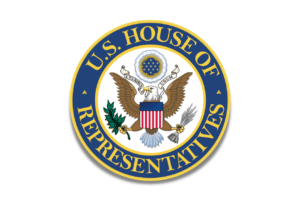The Government Accountability Office (GAO) recently released a report to Congress entitled “Tax Expenditures: Background and Evaluation Criteria and Questions.” The report examines the costs and benefits of tax expenditures and the effectiveness of specific tax expenditures in meeting their intended goals. In addition, the report authors suggests questions that Congress can ask in assessing the effectiveness of tax expenditures, for instance:
- What is the tax expenditure’s purpose and is it being achieved?
- Even if its purpose is achieved, is the tax expenditure good policy?
- How does the tax expenditure relate to other federal programs?
- What are the consequences for the federal budget of the tax expenditure?
- How should evaluation of the tax expenditure be managed?
The report also suggests that in the case of the New Markets Tax Credit (NMTC), a grant may be more cost effective at encouraging investments in low-income communities. To evaluate the effectiveness of the NMTC, the report recommends that Congress set aside a portion of funds to be used as grants and a portion to be used as tax credits under the current program to facilitate a comparison of the two.
In his recent blog, Mike Novogradac suggests that in its latest report, the GAO ignores the time value of money discount inherent in the NMTC program. He suggests that “the report fails to point out that the NMTC federal subsidy is claimed over seven years, and the annual tax credit is slightly back-loaded, as the credit percentages are 5 percent for the first three years, then 6 percent for the next four years. As such, the effective cash cost to the federal government of the new markets tax credit over time versus an upfront cash grant is less than the nominal amount of tax credits. If you assume the federal government’s blended borrowing rate is 2 percent, then the time value of money discount of the NMTC as opposed to an upfront cash grant is 6 to 8 percent. This means that 30 to 40 percent of GAO-identified reduction is attributable to the time value of money.”
Click here to read the full report.
Tags: NMTC, Congress

